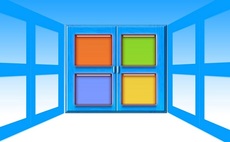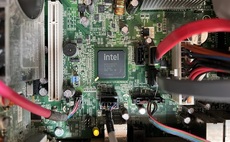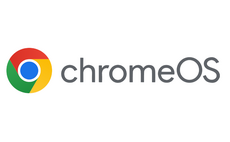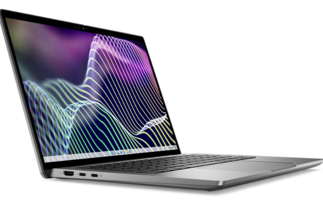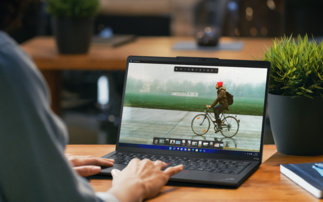Talk of society entering a 'post-PC era' is premature, writes Dawinderpal Sahota
Talk of the world entering a “post-PC era” has become almost deafening in recent months. Society is apparently on the threshold of a new age that will see users abandon traditional desktop or lapto...
To continue reading this article...
Join Computing
- Unlimited access to real-time news, analysis and opinion from the technology industry
- Receive important and breaking news in our daily newsletter
- Be the first to hear about our events and awards programmes
- Join live member only interviews with IT leaders at the ‘IT Lounge’; your chance to ask your burning tech questions and have them answered
- Access to the Computing Delta hub providing market intelligence and research
- Receive our members-only newsletter with exclusive opinion pieces from senior IT Leaders









